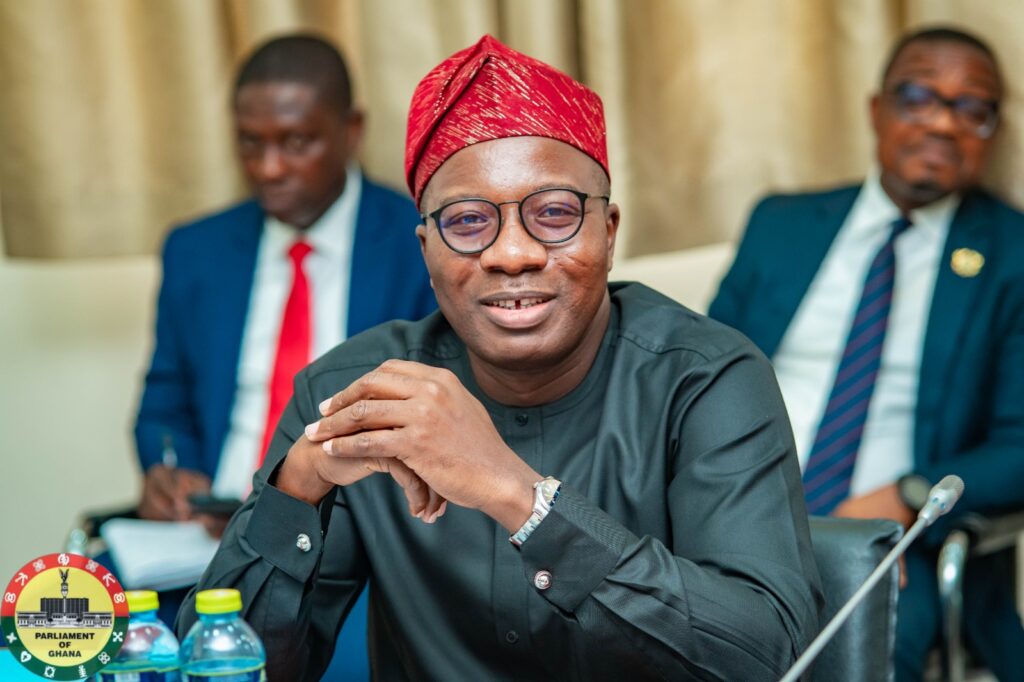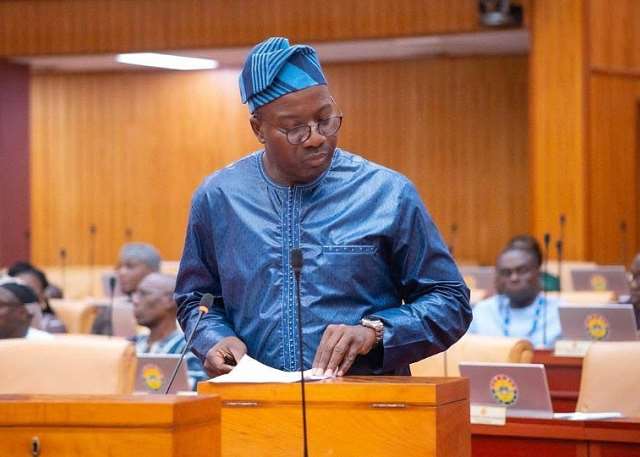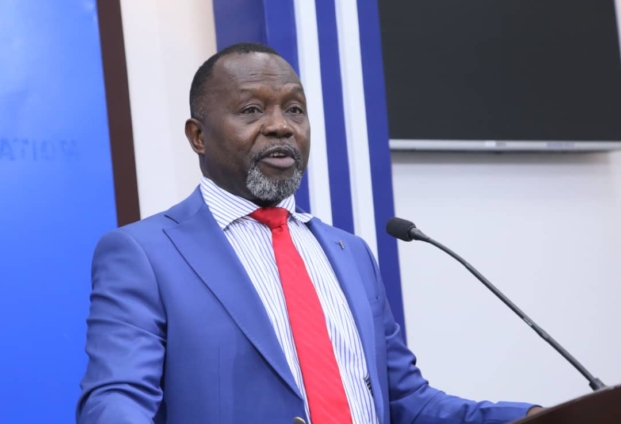Credit: Kekeli K. Blamey
Ghanaians are set to pay more for electricity from July 1, 2025, following the Public Utilities Regulatory Commission’s (PURC) approval of a 2.45% increase in tariffs—a move that has sparked concern among consumer groups and opposition lawmakers.
The adjustment, announced amid a backdrop of stable inflation, fuel prices, and exchange rates, has left many questioning the necessity of the hike at a time when the broader economy shows signs of improvement.
Speaking on the floor of Parliament, Majority Leader Mahama Ayariga defended the increase, attributing it to urgent financial challenges facing the Electricity Company of Ghana (ECG). According to him, ECG is drowning in debt due to a tariff freeze last year, and without the upward review, the utility company risks collapse and nationwide power disruptions.
“ECG is accumulating huge debt, and it has to be paid for. If we do not adjust the tariff, they won’t be able to buy the input needed to keep the generators on. We are going to have power outages,” Ayariga warned.
His comments were in response to criticism from the Minority Caucus, who argued that the tariff hike is unjustified given the current economic stability. Consumer advocacy groups have also raised concerns about the burden on households already grappling with high living costs.
Ayariga maintained that the increase is a tough but necessary measure. He added that the Minister for Energy and Green Transition is expected to address Parliament next week to provide further details and justification for the decision.
While the government insists the move is aimed at saving ECG from financial ruin, many consumers see it as another blow to their shrinking incomes. Industry players, meanwhile, have expressed mixed reactions—some acknowledging the need for sustainability, while others warn that cost increases could affect production and pricing.
As the July 1 implementation date approaches, the debate over balancing utility sustainability and consumer protection continues to intensify.







